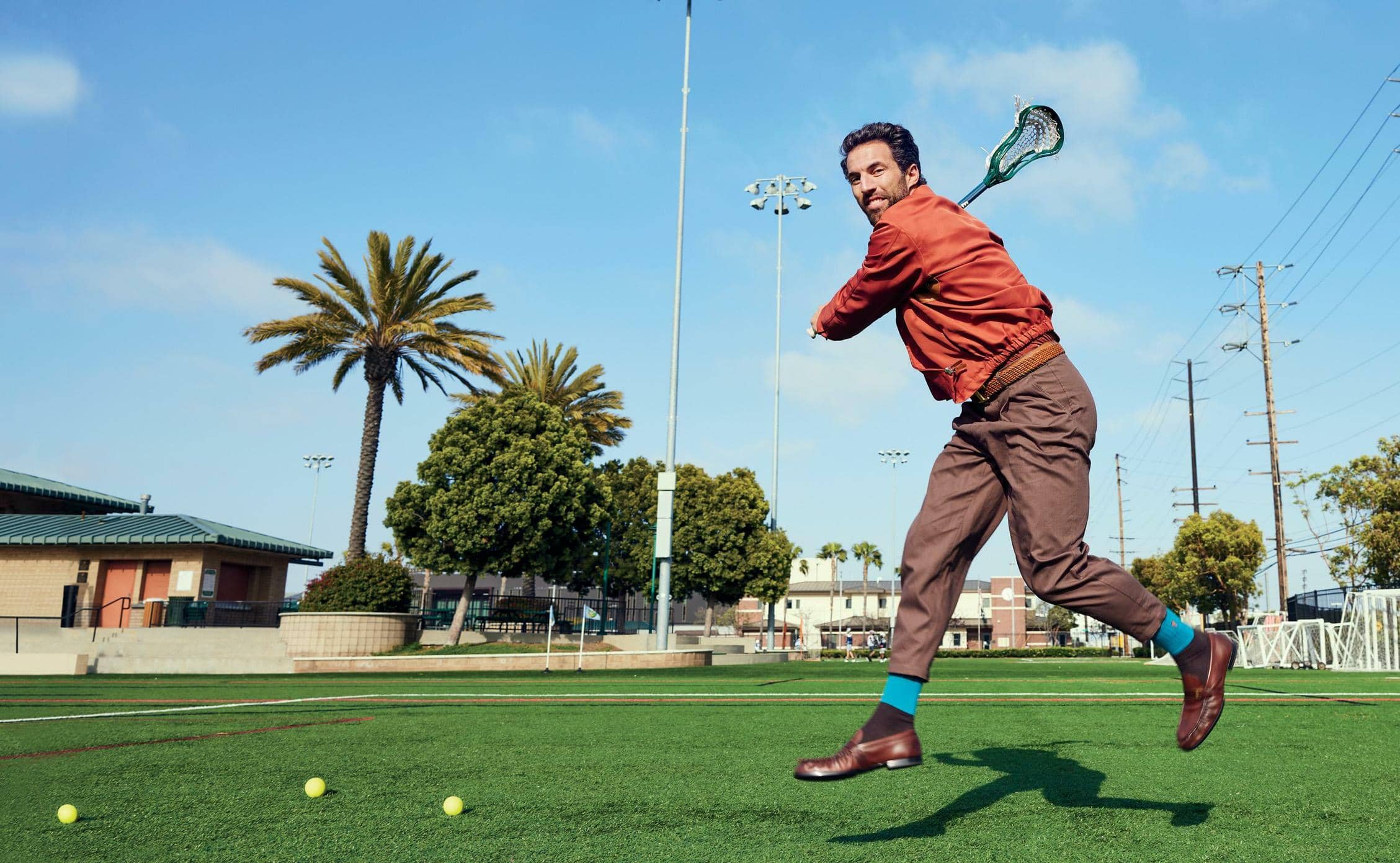
Paul Rabil was sick of Major League Lacrosse. It was 2017, and Rabil, a two-time MVP, was embarrassed to tell people he was a professional lacrosse player. He had good reason. In the world of pro sports, lacrosse had a pitiful reputation, if it had a reputation at all. Founded in 1999 as the first professional outdoor lacrosse league, MLL never attracted a meaningful fan base. Attendance had plummeted by 40 percent since 2011, to an average of just 3,800 per game. By comparison, the NCAA men's lacrosse championship game once drew nearly 50,000 fans.
MLL also offered one of the worst player experiences in all of professional sports. Players worked full-time jobs outside of lacrosse and played games on weekends during the summer. The base salary for rookies was $6,000. When the league made travel arrangements, it would sometimes book players on connecting flights to save money. What's more, players didn't always have access to basic amenities like locker rooms and showers-or ice baths. Rabil had to buy ice at the CVS across the street from his apartment to treat his knee and foot.
After more than a decade in MLL, Rabil knew that professional lacrosse was broken. So he set out to fix it. In 2017, in partnership with his brother Mike, a serial entrepreneur who ran a small investment firm, Paul raised a pool of capital from a group of private equity firms and hedge funds and made an offer to acquire MLL for $35 million. The bid failed. Then the Rabils decided to do something crazy: They would start their own league.
Denne historien er fra March 2023-utgaven av Inc..
Start din 7-dagers gratis prøveperiode på Magzter GOLD for å få tilgang til tusenvis av utvalgte premiumhistorier og 9000+ magasiner og aviser.
Allerede abonnent ? Logg på
Denne historien er fra March 2023-utgaven av Inc..
Start din 7-dagers gratis prøveperiode på Magzter GOLD for å få tilgang til tusenvis av utvalgte premiumhistorier og 9000+ magasiner og aviser.
Allerede abonnent? Logg på

Karen Dillon
I moved my wedding to attend a company offsite. It was a terrible decision, but a vital lesson on balance.

The Ultimate Home-Based Business
Thirty years since her breakout on Friends, Courteney Cox is taking on a new role-entrepreneur.

An Uphill Battle
Zwift has been through layoffs and a leadership change in 2024, but co-founder and CEO Eric Min says he's learned that building a startup, like cycling, is an endurance test.

The GLOW UP
How Glossier broke free from DTC, survived the skeptics, and finally achieved profitability.

The Snack That Gives Back
With a new partnership, SkinnyDipped is supporting women founders worldwide.

A New Path to SuCCESS
AllTrails may have achieved the impossible-an app that truly helps you get away from it all.

The Back-lash Survivors
Don't challenge Elizabeth Gore and Carolyn Rodz to a game of highs and lows. The Hello Alice co-founders will win-by a long shot.

The Spa Surge
Prime IV Hydration & Wellness has successfully weathered stormy waters.

Riding the Waves
With Beehiiv, Tyler Denk built a buzzy newsletter platform and a brash online persona. Both are lucrative.

Home Economics
How Chairish brought the circular economy to furniture.